Southwark Playhouse Elephant’s production of Midnight Cowboy sees the first musical iteration of James Leo Herlihy’s beloved 1965 novel.
It was most famously adapted into the 1969 film version starring Dustin Hoffman, which is still the only X-rated movie to have won the Best Picture Oscar. Whilst this musical version attempts to evoke the same themes of brotherhood and survival, it ultimately comes undone due to a lack of musical identity and awkward pacing.
The titular cowboy, ‘Joe Buck’, who abandons Texas to make his fortune in New York as a sex worker, is embodied by Paul Jacob French, giving a solid performance which is elevated by his wonderfully raspy vocals.
Joe arrives in the East only to find himself hampered by his own naivety and the brutality of the hostile city, and falls into an unlikely friendship with perpetually ailing conman, ‘Rico ‘Ratso’ Rizzo’, characterfully brought to life by Max Bowden.
By the end of the production, you do admittedly find yourself somewhat invested in the friendship, but the two actors are battling against a script which doesn’t allow enough time to show their friendship in all its stages of advancement.
Rather, the pair are catapulted from the status of acquaintances to full dependence seemingly instantaneously, the result being that the duo’s chemistry never fully hits the mark.
Bowden’s performance in particular is worthy of praise, and it is just a shame that he is given quite so little stage time. As Ratso’s health deteriorates, Bowden pulls off some of the most convincing ‘on-death’s-door’ acting that I can remember, whilst his suffering is undercut with brilliantly black humour.
The other standout performance comes from Tori Allen-Martin in both of her roles, but particularly as ‘Cass’, Joe’s first lover in New York City, who manipulates him into paying her instead. In perhaps the most memorable song of the show, ‘Whatever it is you’re doing’, Allen-Martin’s soulful belting never once falters, despite assuming almost every position in the Karma Sutra.
On the topic of sexual explicitness, it would have been impossible to have staged a show about a male prostitute and not shown simulations of sex acts, and, while for the most part, they were handled very creatively by intimacy coordinator Lucy Fennell, there were some moments that, for me, slightly went over the line of acceptability.
Given that much of the set required willing suspension of disbelief on the part of the audience, one couldn’t help but wonder whether the intimate scenes also could have benefitted from being more suggestive than literal.
The set itself largely worked, making great use of the comparatively small stage space. The lighting too was generally successful at evoking the cold, harsh streetlights of wintry New York – it was just a shame there were a couple of missed cues.
The show’s big downfall is the music.
The composer Francis ‘Eg’ White is the brains behind such beloved pop hits as ‘Chasing Pavements’ by Adele and ‘You Give Me Something’ by James Morrison, but a lack of cohesion in Midnight Cowboy creates a real identity crisis for the production.
White appears to be trying to cover the full spectrum of sixties genres, from Motown to doo-wop to guitar riffs that might well have come from a classic rock opera. But because there’s no thread drawing the songs together, and no motif that audience members find themselves humming as they leave the theatre, every musical number feels disjointed and misplaced.
The opening number of the whole show was a particular bum note, as Joe boards a bus headed to New York, and the ensemble around him sing with twee brightness about what an exciting big city awaits them. It is bizarrely generic, setting a tone which is then immediately abandoned as Joe begins his soliciting work.
The dance numbers further the feeling of discordance: as Joe traipses the streets, singing of his woes, his vocals are muffled beneath the sound of dancers’ feet stamping on the floor in a distinctly 21st century contemporary routine.
As a lifelong lover of musicals, it pains me to say it, but I would have loved to see what shape the play took without the musical numbers. Only one or two of them felt naturally placed within the narrative, and none of them heightened the emotions or the drama of the piece any more than straight dialogue would have done.
Considering the solidness of the acting, it was just a pity that the creative decisions succeeded in hampering the storytelling.
Picture credit: Pamela Raith
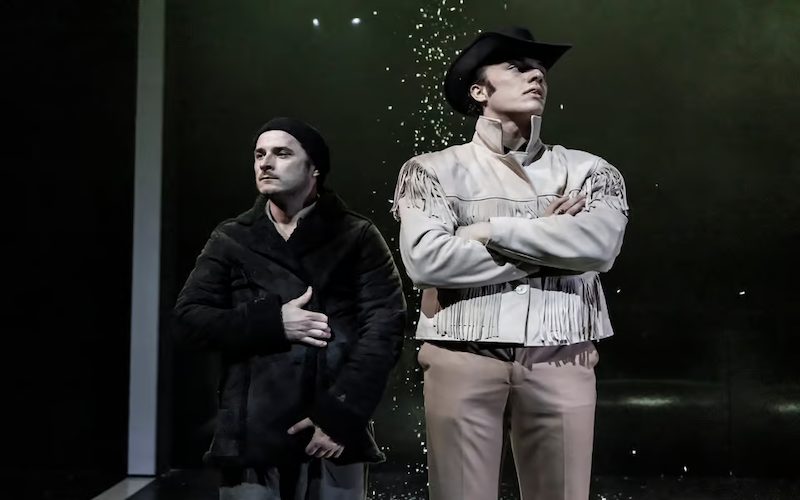
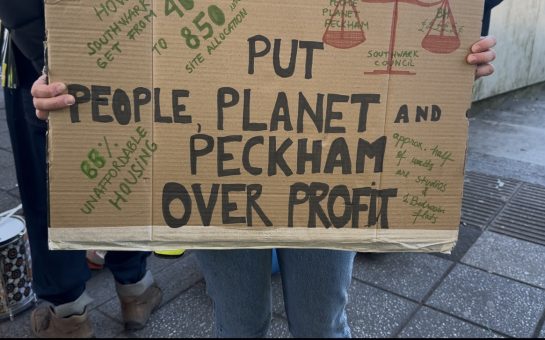
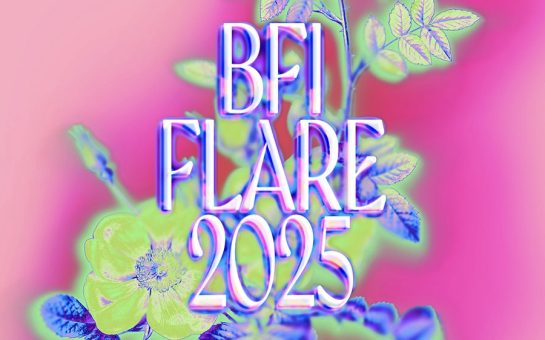
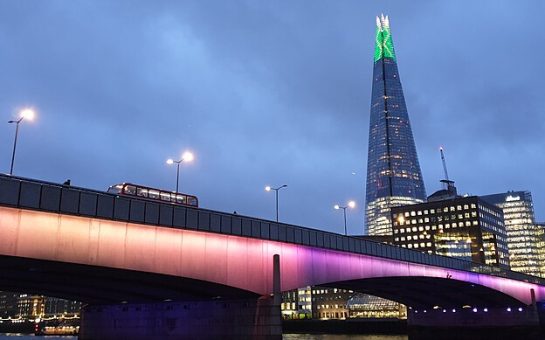
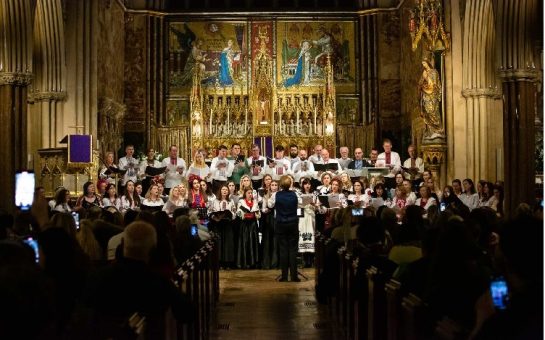
Join the discussion